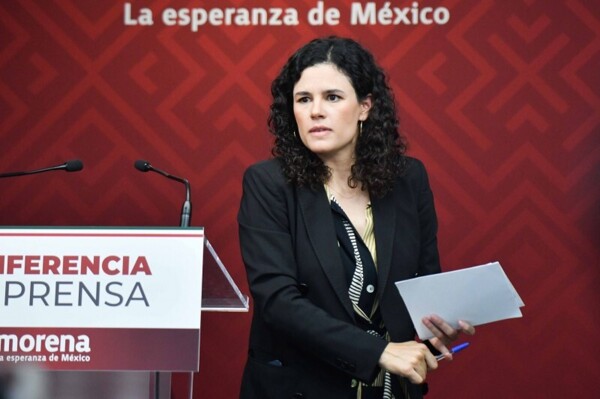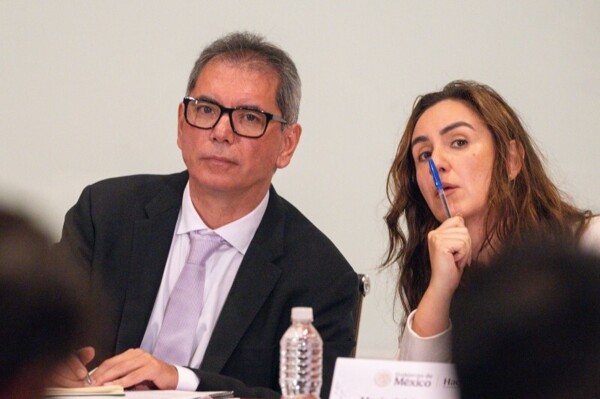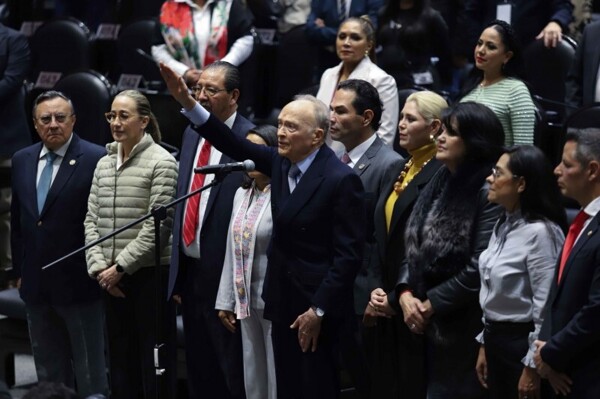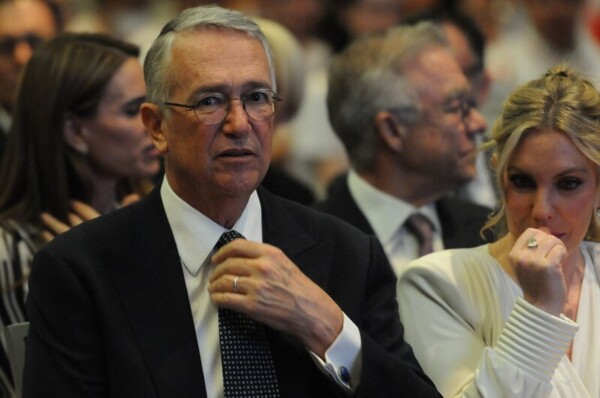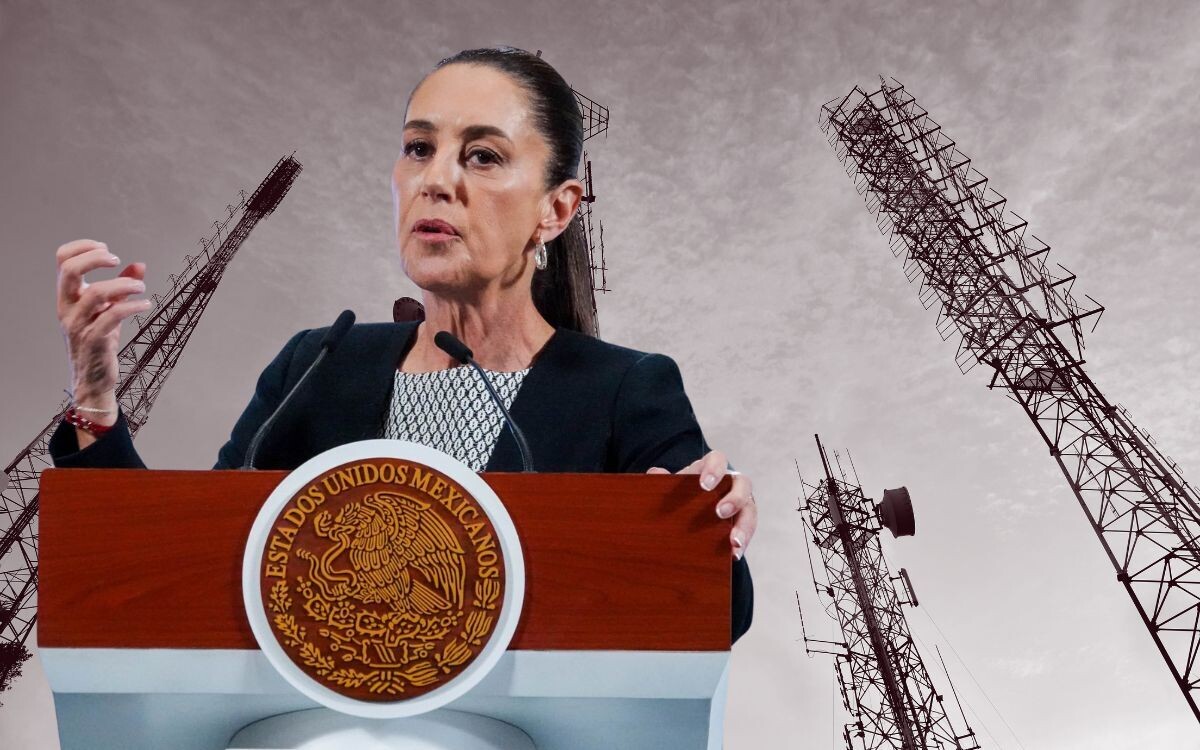
President Claudia Sheinbaum promised to amend the bill that would allow for the temporary blocking of digital platforms this Friday, following accusations of censorship from the opposition and calls from international organizations such as the UN.
In its article 109, the new law states that the competent authorities may request the collaboration of the Digital Transformation Agency for the temporary blocking of a digital platform in cases of non-compliance with provisions or obligations set forth in applicable regulations.
Opposition parties warned that this implies digital authoritarianism and censorship, while the UN High Commissioner for Human Rights Office in Mexico called for the guarantee of consultation spaces and consideration of international standards on freedom of expression.
Sheinbaum responded that this has nothing to do with content censorship, but rather gives powers to the agency to implement rules that security institutions or the Tax Administration Service (SAT) can already apply to platforms that fail to pay their taxes.
She promised a broader discussion of the reform and will delay its final approval in the Senate, where it was scheduled for next week. She also expressed that the article needs to be clarified to avoid providing arguments about censorship to digital platforms like Facebook or YouTube.
In her morning conference, the leader pointed out that if it causes confusion and is thought to be for censorship, the article will be removed or its wording will be modified. Sheinbaum assured that she will rectify the initiative to make it clear that the Government of Mexico does not intend to censor with this law.











